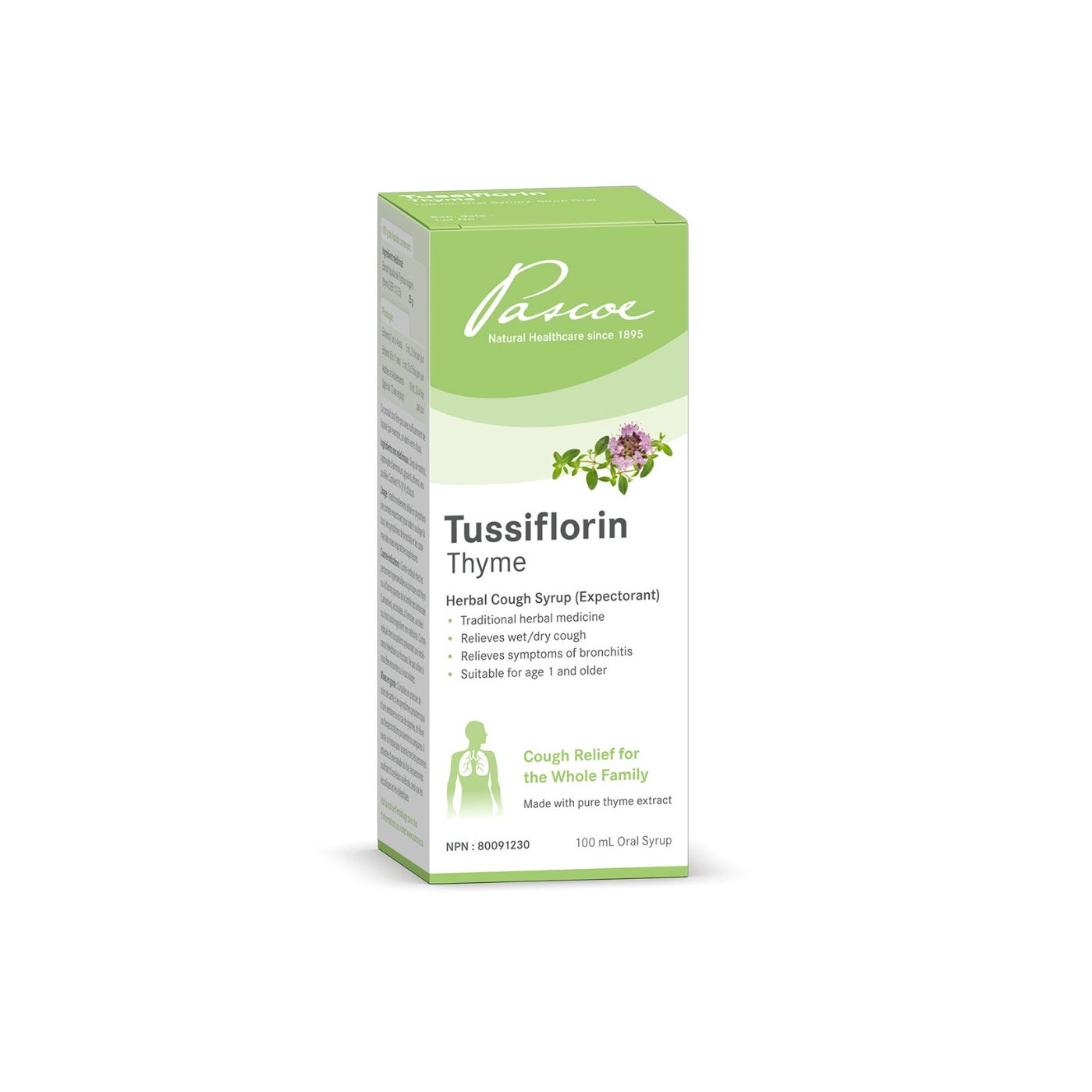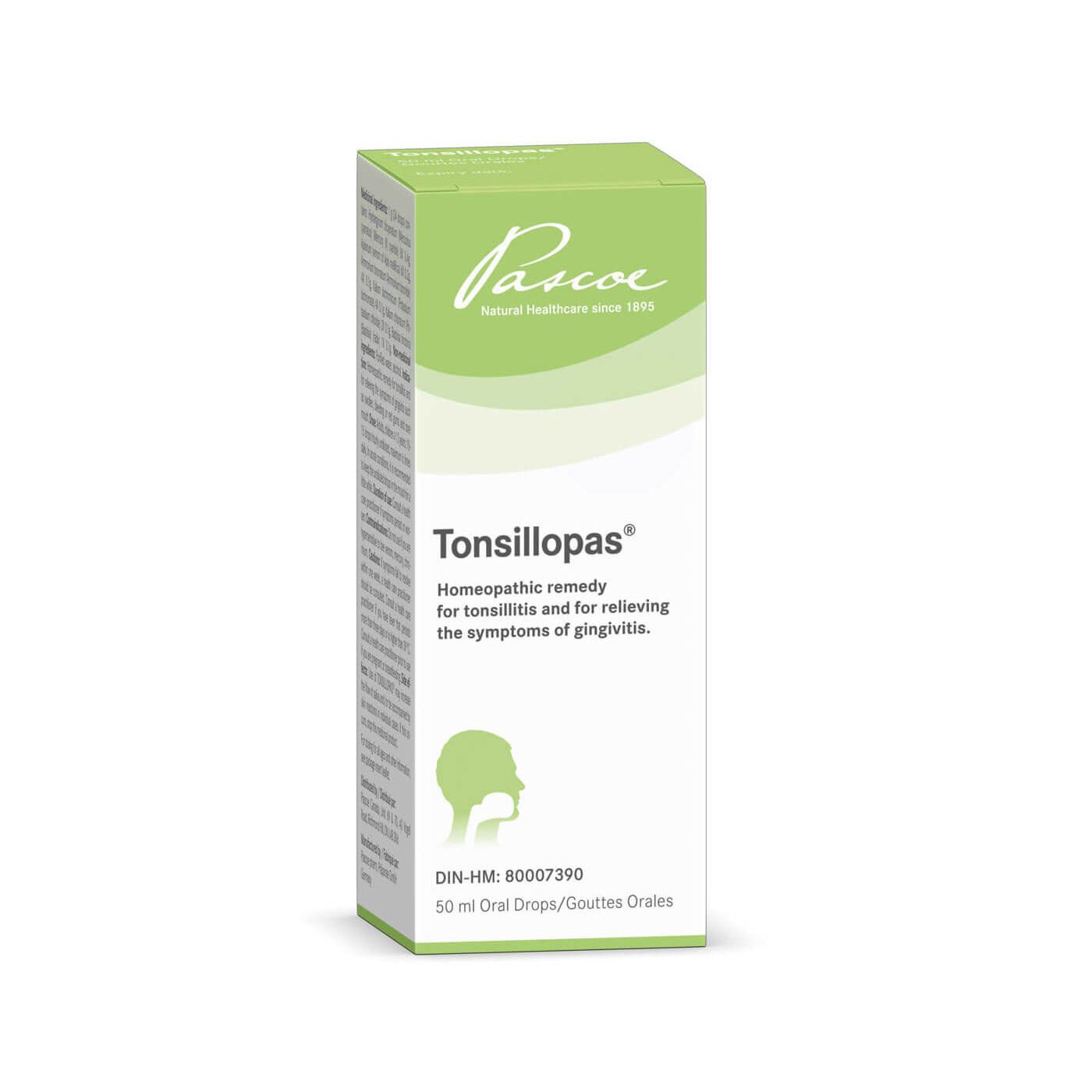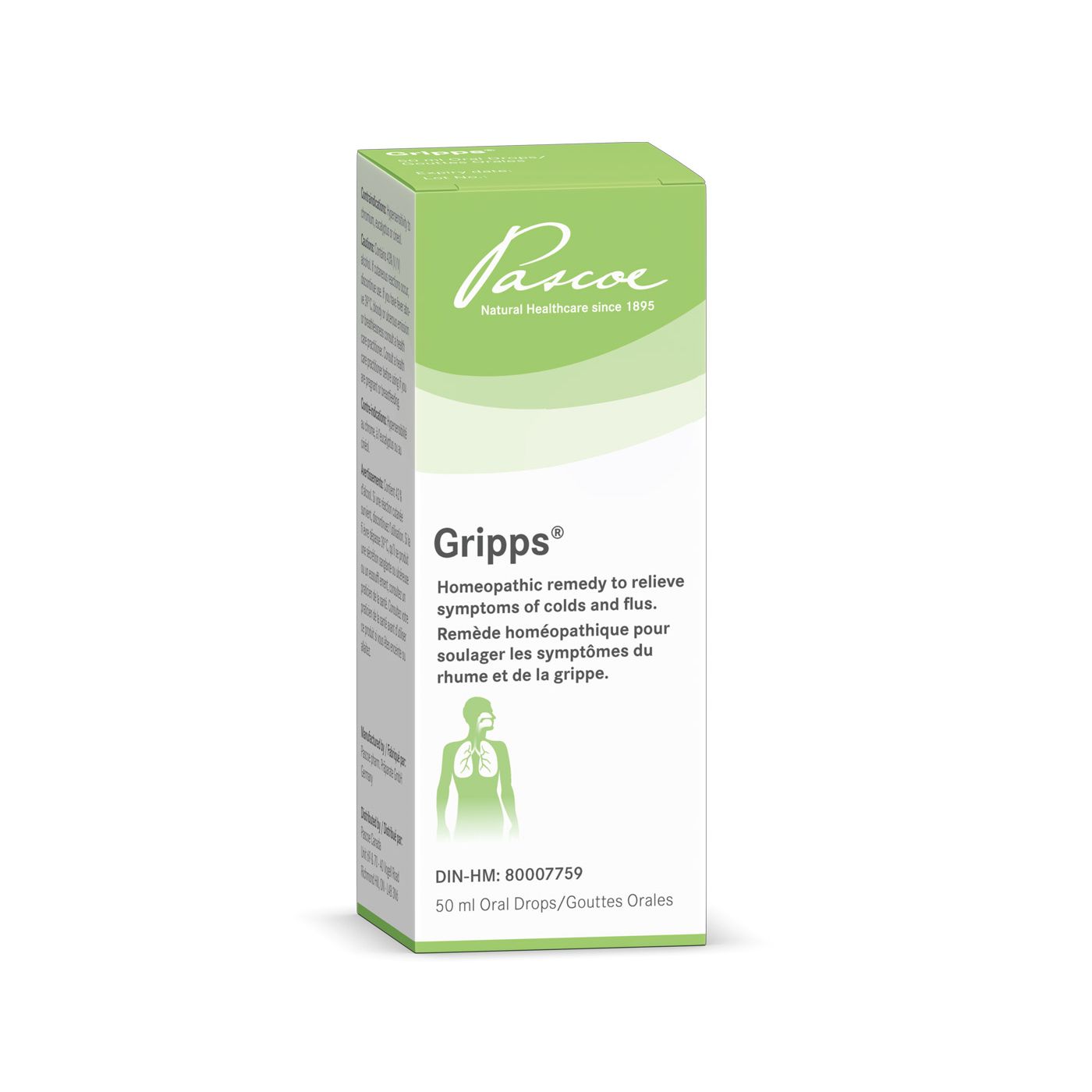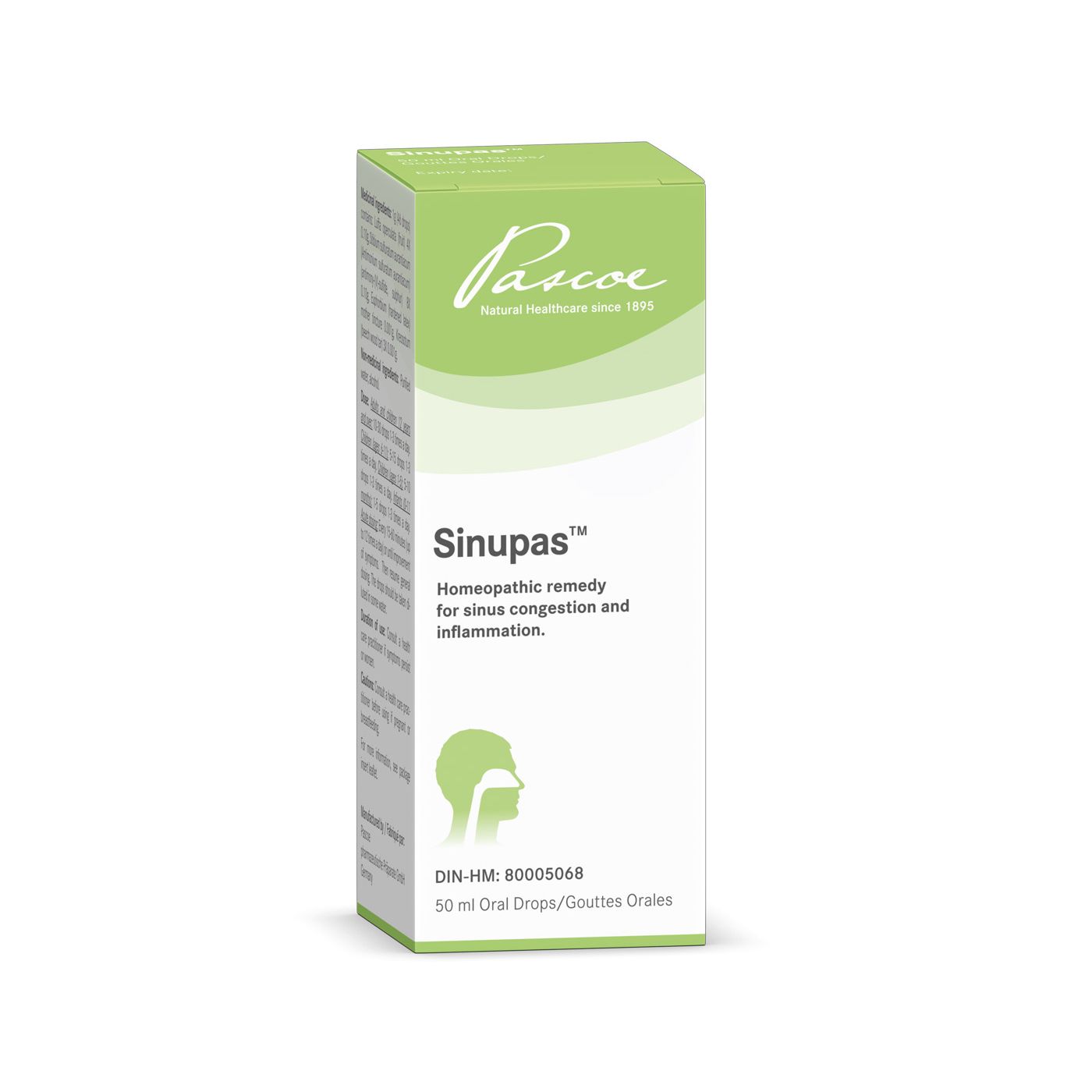

Sore Throat
- What are some first signs of a cold?
- Why do you get a sore throat, and what happens in the throat?
- Do I need to go to the doctor with a sore throat?
- What should you do when you have a sore throat?
- How can you relieve a sore throat without medications?
- Is it possible to prevent a sore throat?
- Products
You might wonder, why is there usually a sore throat first and then a cold?
The throat area is the access port for most pathogens into our body. That's why this is precisely where we have the most intensive monitoring and defence system: The tonsils along with the mucosa form a substantial ring of defence.
As soon as the immune cells found there are activated, they work at full speed, which makes itself felt through swelling and inflammation. Angina can result – angina means "tightness". Throat inflammation usually occurs together with throat pain, swallowing difficulties, and hoarseness.
Furthermore, swollen lymph nodes in the neck and around the lower jaw are common. Other mucous membranes usually swell subsequently: The common cold has taken up residence. It then typically progresses down the airways and a bronchitis develops.
A sore throat is typically one of the first signs of an infectious cold. Pathogens usually establish themselves in the nose and throat first of all. Many people do not notice a slight runny nose – however, they do notice the unpleasant scratchy throat.
Thus, a sore throat is often perceived to be the first sign of the onset of a cold. It often goes along with other symptoms such as a cough, hoarseness, and pain. Pain develops because the immune cells also release pain transmitters when there is inflammation.
Most of the time, a sore throat is caused by a cold or a flu. It sometimes is an allergy symptom caused by post-nasal drip. However, it can also be a symptom of a variety of diseases.
Other causes that can trigger a sore throat include:
- Tonsillitis (inflammation of the tonsils)
- Laryngitis (inflammation of the voice box)
- Inflammation of the epiglottis
- Infection caused by Streptococcus bacteria, also known as strep throat
- Infectious diseases: Scarlet fever, diphtheria, mumps
- Glandular fever
- Postnasal drip
- Irritated respiratory tract due to smoking, dusty air, toxic fumes or
- Thyroid diseases
- Seasonal allergies or other sore throat allergies
Some sore throat causes, such as canker sores, stomach acid from gastroesophageal reflux disease (GERD), or tooth abscess, can result in a sore throat on one side. This means that the pain is felt only on one side of the throat.
It really depends on how long a sore throat lasts. Usually, it is not necessary to go to the doctor as a sore throat from the cold improves after a few days. If the complaints have not disappeared after about a week, it is advisable to see a doctor.
There is an urgent need to go to the doctor immediately if the sore throat is accompanied by a variety of other symptoms such as high fever, breathlessness, a tight chest or chest pain. A doctor should also be consulted, if the person affected suddenly becomes hoarse or is extremely hoarse. If children complain of a bad sore throat, you should always see a paediatrician.
The doctor will perform a detailed examination of the neck and throat area. Thereby, they can determine, for example, whether the palatal tonsils are inflamed and which pathogen is causing the disease. The lymph nodes are also examined to see if they are swollen. It may be necessary to take antibiotics.
The cause of the sore throat must be clarified first of all. Should it not come from a cold or flu, the treatment depends on the causes. Vocal training with a speech therapist may be helpful for overuse of the vocal cords. The administration of antibiotics may be necessary for bacterial inflammation.
Many natural and home remedies for sore throat have proven themselves for generations. They have an anti-inflammatory effect and reduce swelling, thus soothing a sore throat and swallowing difficulties.
It is always important to drink plenty so that the mucous membranes remain moist. Warm teas that are not hot are a good sore throat treatment. For example, teas with sage, thyme and chamomile. Also, a teaspoonful of honey – in the tea or on its own – can be soothing.
Gargling can also help to get rid of a sore throat fast. Saltwater, sage or chamomile tea are suitable for this. If you use tea for gargling, make sure it is quite strong. For the salt water, add a quarter teaspoon of salt to 0.2 litres of lukewarm water.
As swallowing is commonly difficult, lukewarm foods that are not too dry are good. Soups provide the body with fluid and are pleasantly warming. They can be prepared with plenty of fresh vegetables and lean meat to boost the immune system and prevent the body from being overloaded.
Packs for a sore throat
Throat packs are a rewarding measure for the relief of symptoms. For cooling throat packs, a tea towel can be coated with a quark and placed around the throat. A dry towel or a wool scarf is wrapped around this. The moist poultice should be allowed to work for around 20 to 30 minutes.
If warmth helps, you can use a heating pack or a warm tea towel on your neck. You can either warm the dry towel for 30 seconds in the microwave or dip it in warm water and wring it out before wrapping it around your throat.
Nip things in the bud - to prevent a sore throat from developing, you should already take action at the first sign of a scratchy throat. Drink plenty of liquids, such as teas with sage, thyme or chamomile. Warmth in the throat area helps!
Make sure the humidity is sufficient in the air. Also boost your immune system with short walks in the fresh air, alternate showers, and vitamin C. It is important to support the lymph system because the lymph and immune system form one unit.
A good sore throat remedy attacks at all stages:
- It supports the immune response
Eases inflammation, swelling and pain
Shortens the duration of symptoms








